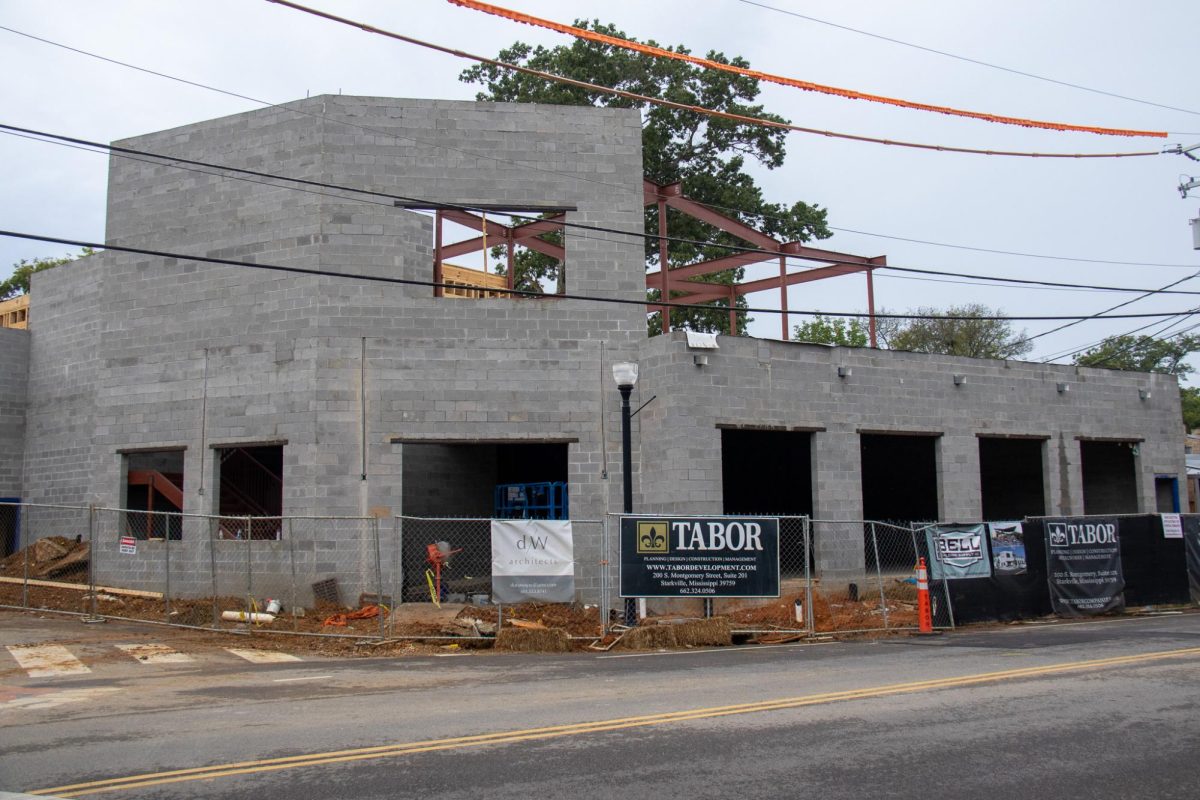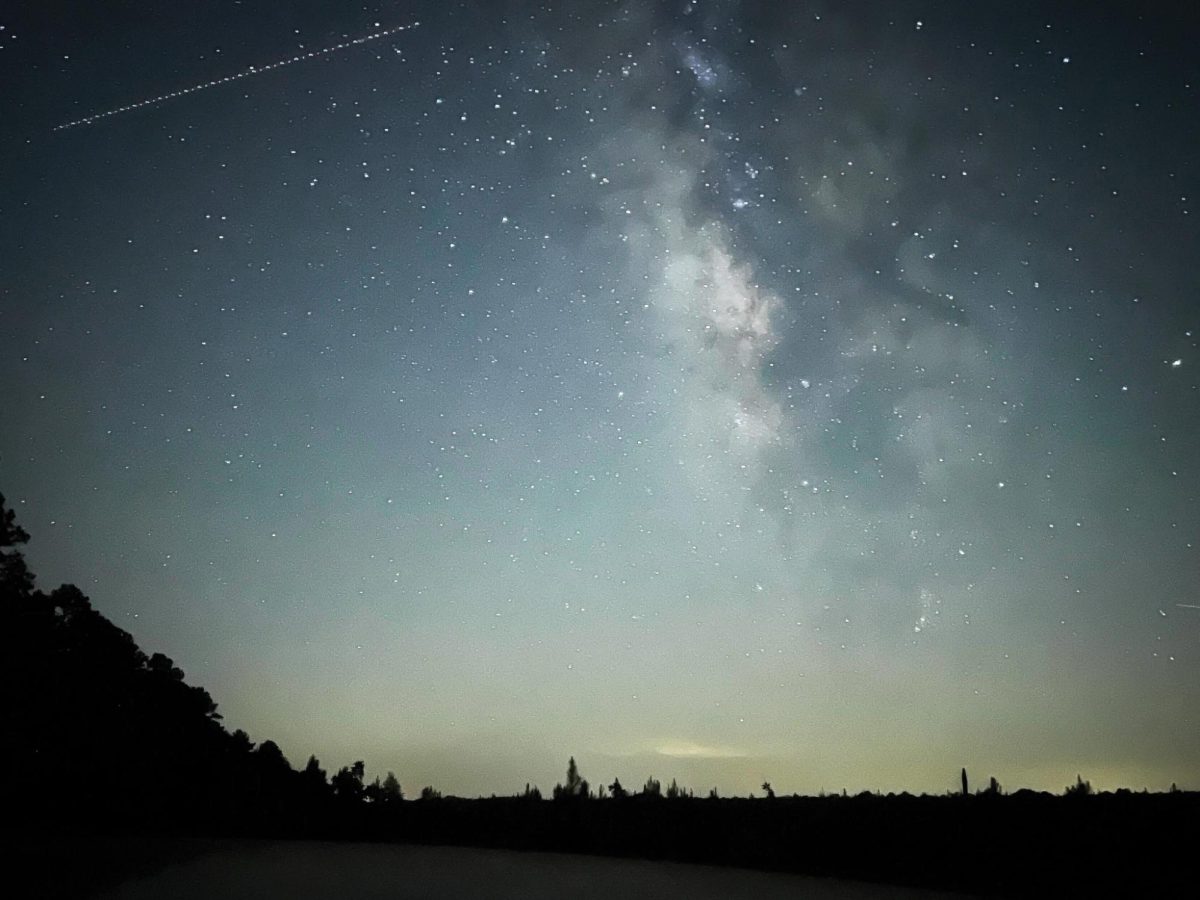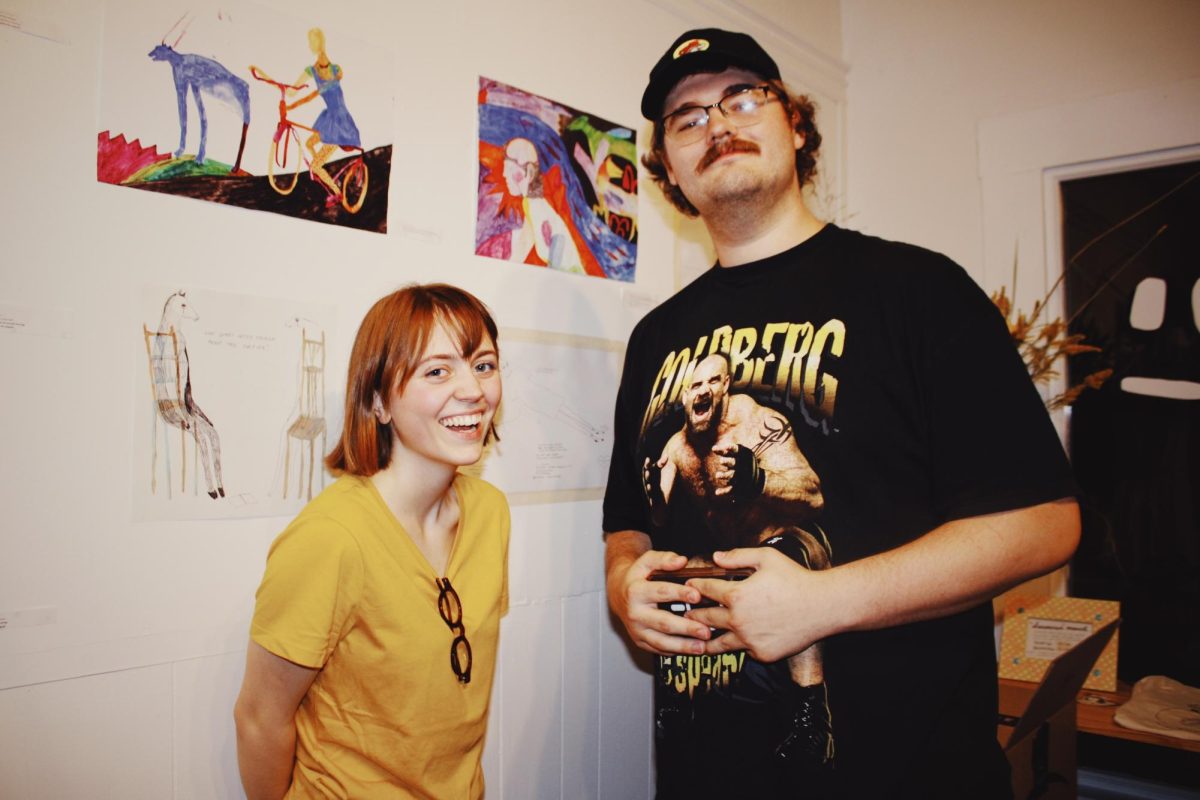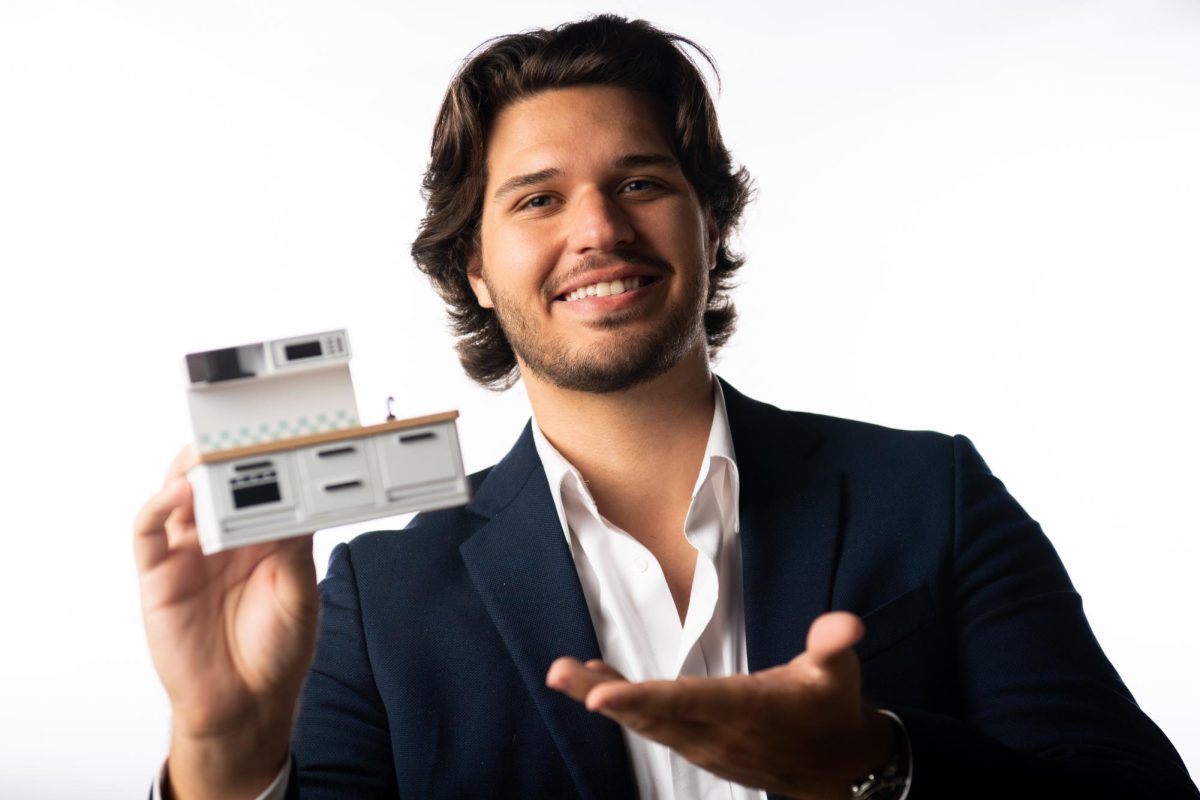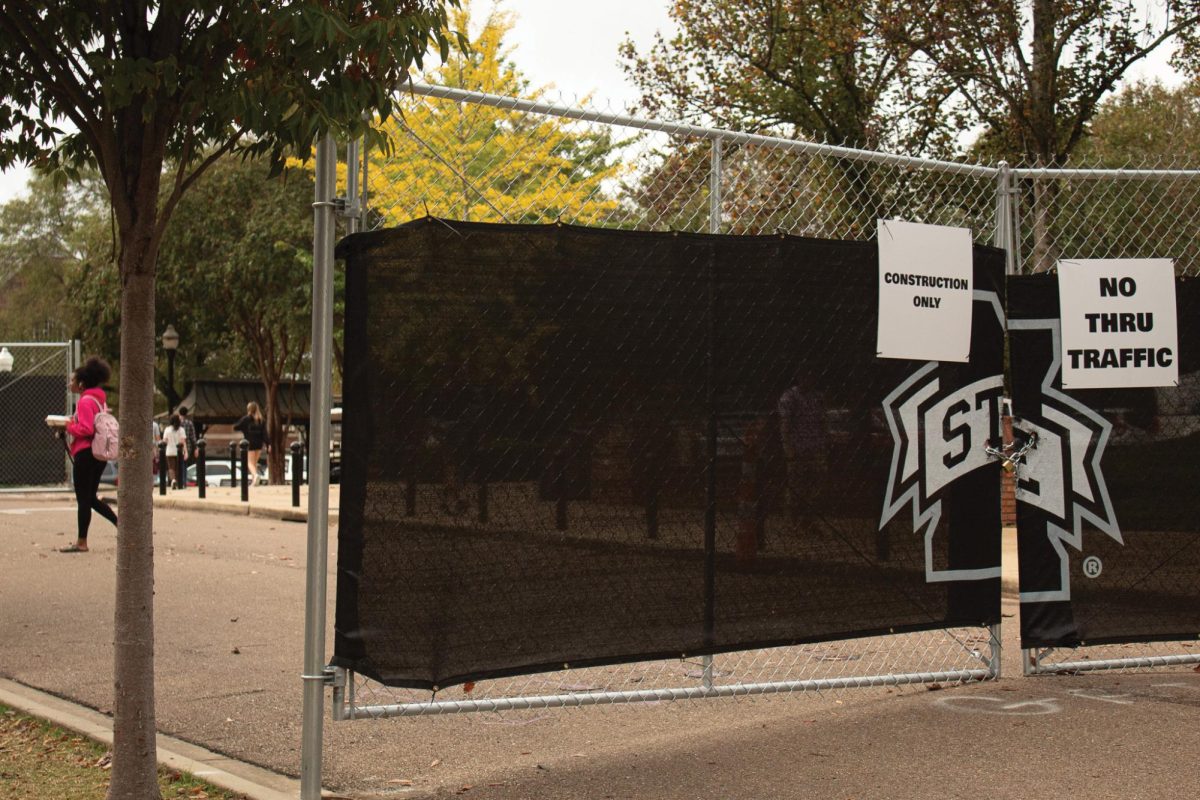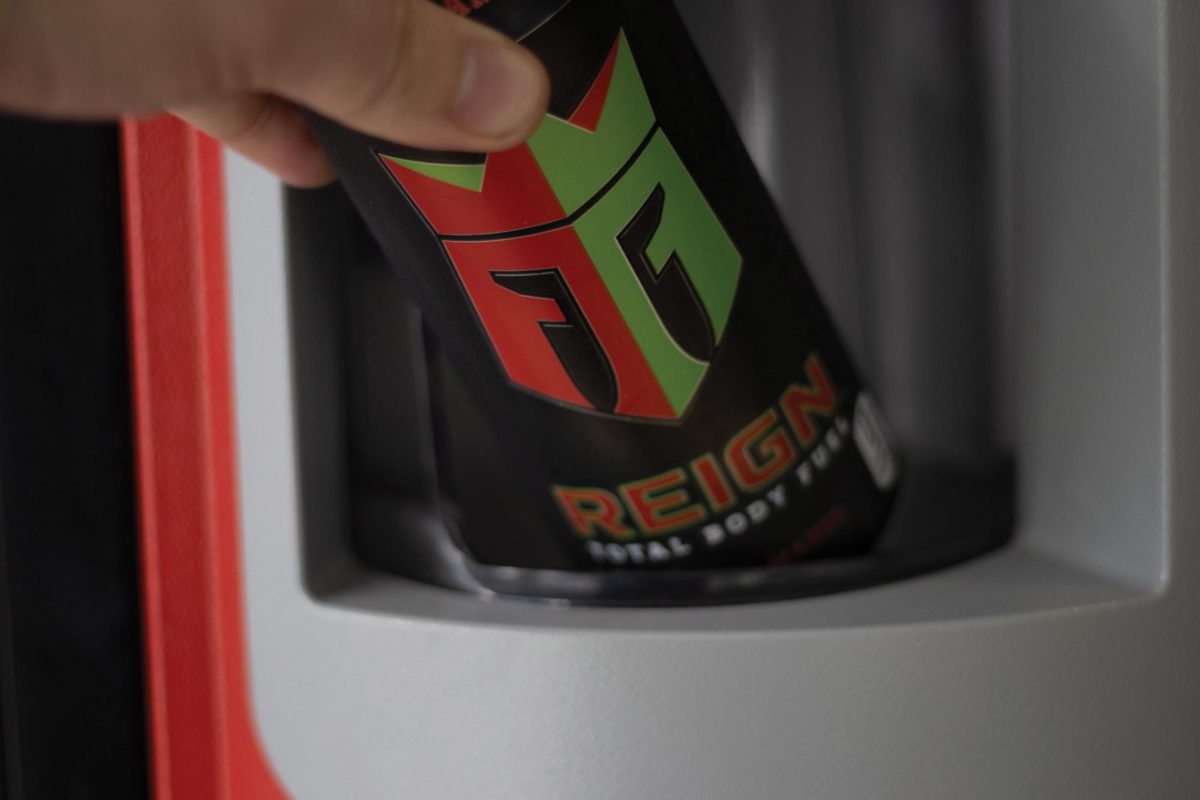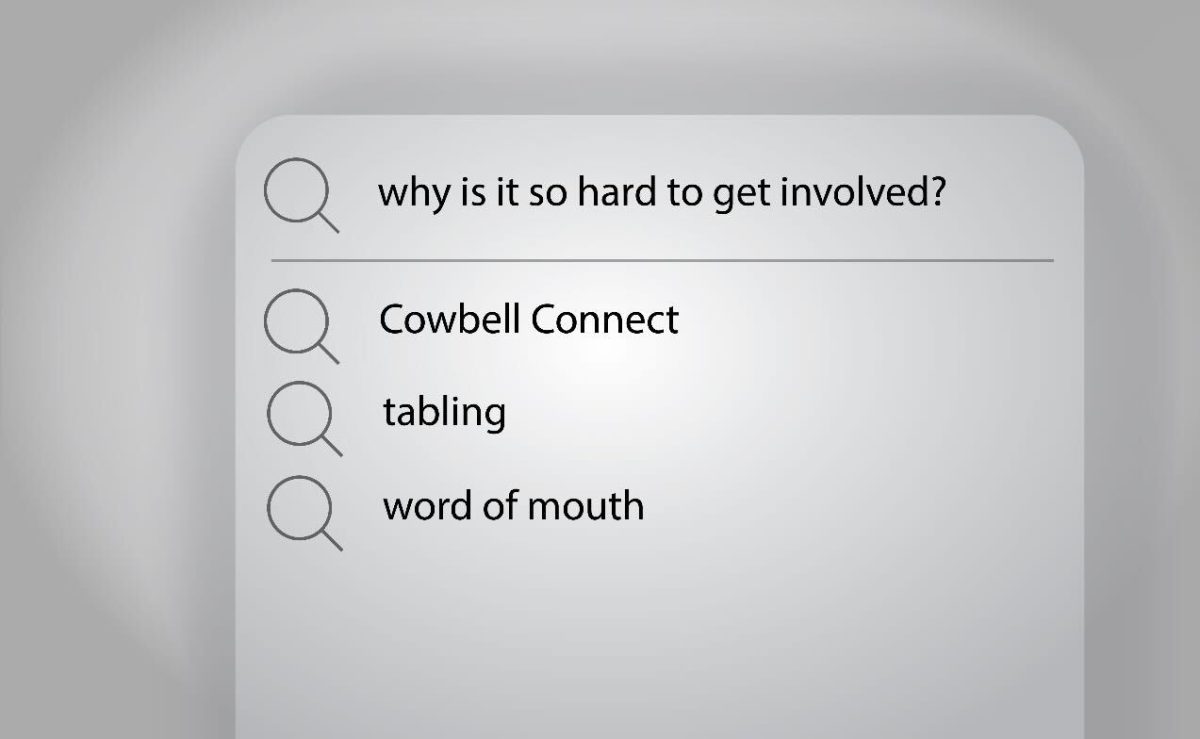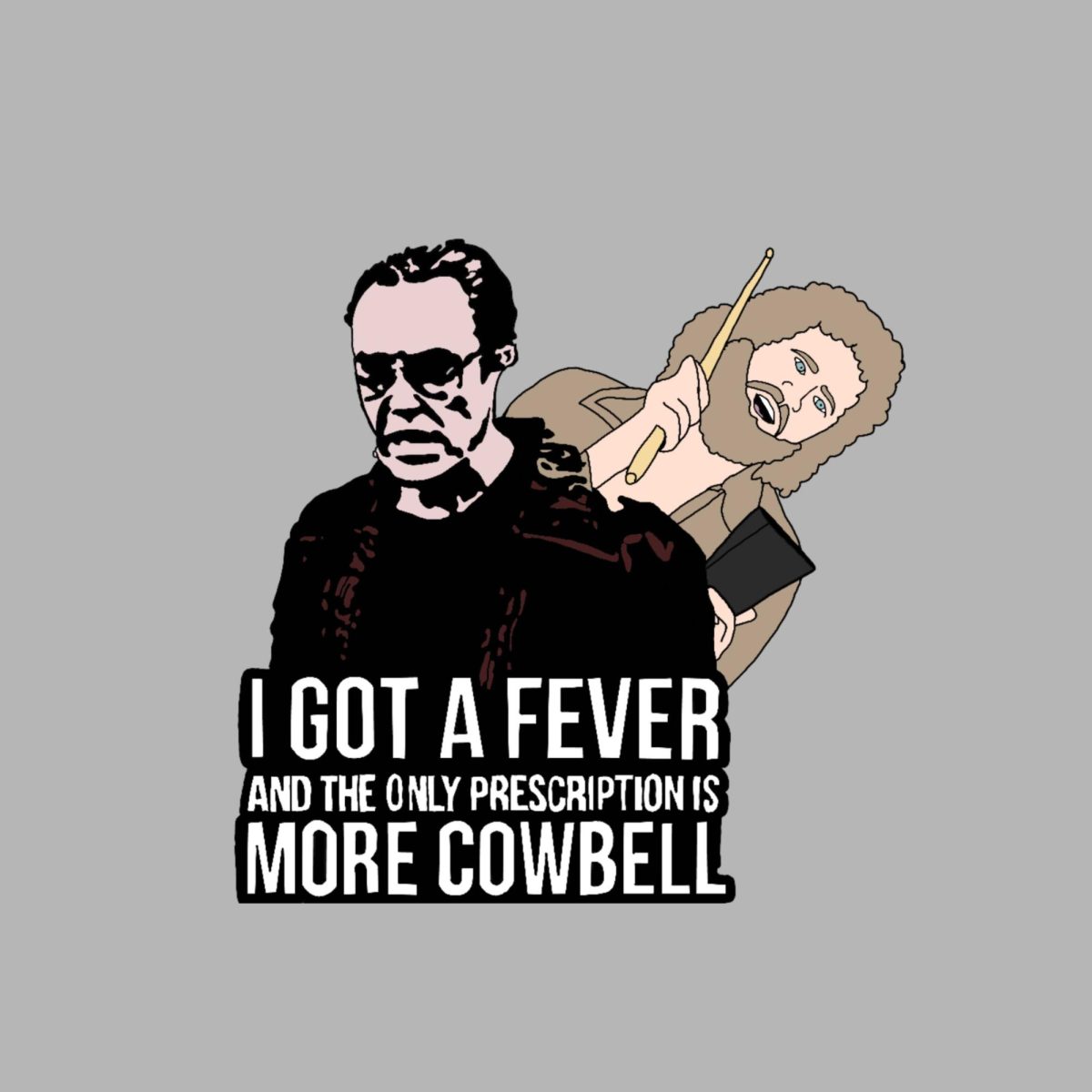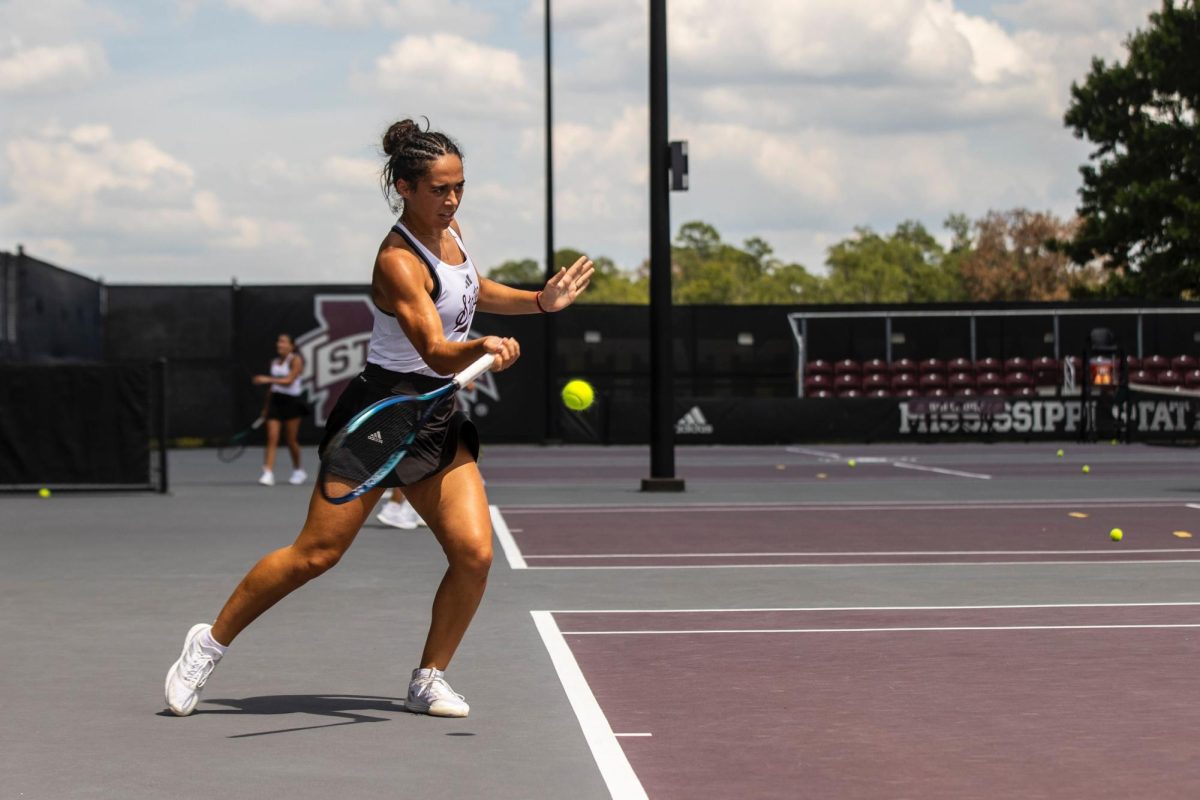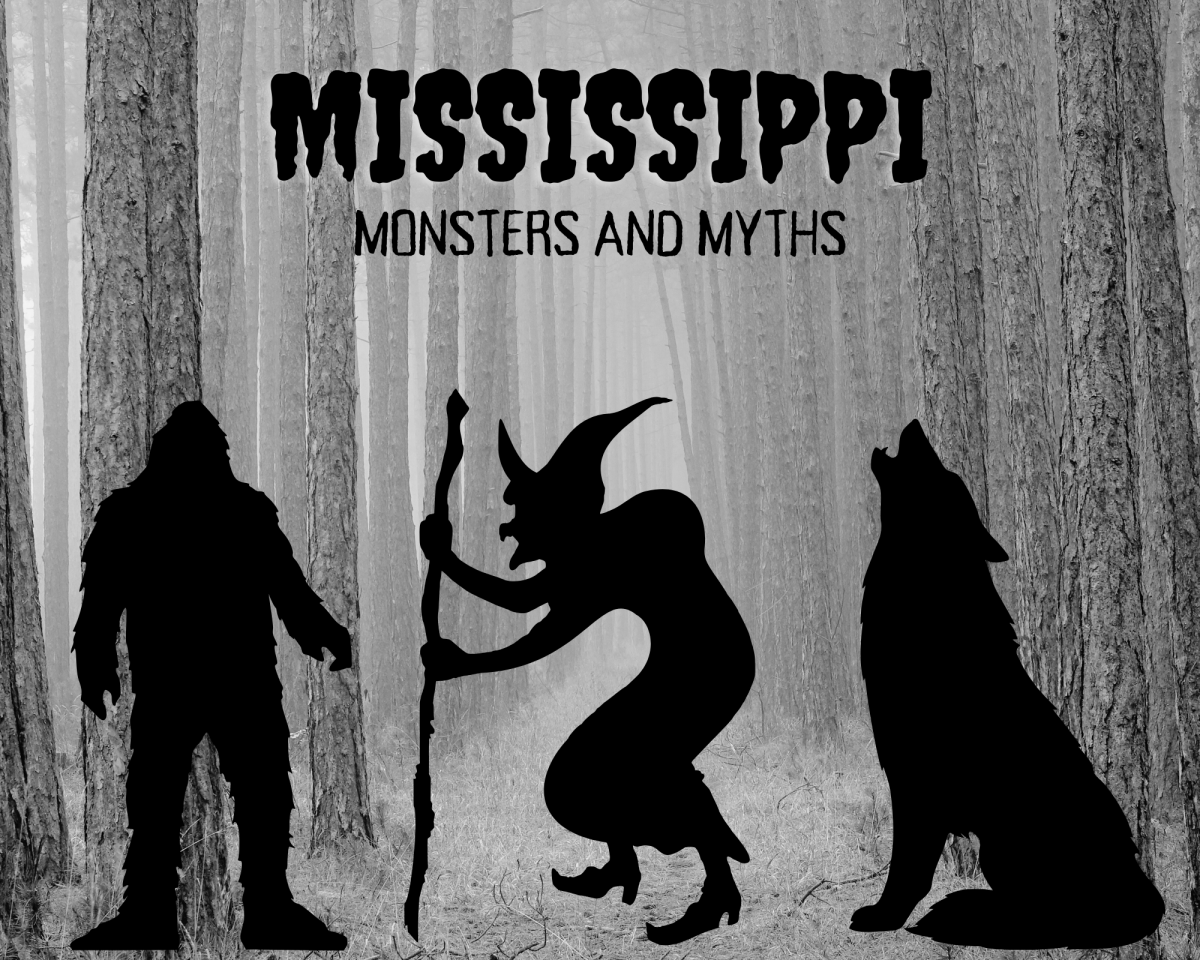One of the unfortunate changes for Mississippi State University in a COVID-19 world has been the regulation and limiting of the arts programs. From major productions by Theatre MSU to casual performances from small student groups, COVID-19 challenges have made influential alterations in the exhibitions of all forms of MSU art.
Despite the challenges presented by COVID-19, Shackouls Honors College students and faculty discovered a new, innovative way to continue their annual theatre performance safely for anyone to enjoy by way of radio drama.
This radio drama, entitled “A Halloween Feast with Seneca’s ‘Oedipus,'” is a first-of-its-kind project. It was released on the Honors College website on Oct. 26, and is being broadcast on MSU’s radio station, 91.1 FM and 92.7 FM, where it will play throughout the week.
The drama is based on Seneca’s “Oedipus,” a tragedy with horror, gore and elements of mystery and surprise throughout the story.
Lindsay Culpepper, a freshman Honors College student majoring in wildlife fisheries and aquaculture, played the role of Jocasta, who is Oedipus’s wife and mother.
Culpepper said despite the restrictions this year has brought, she has hoped to be involved on campus. She found the Honors College radio drama to be the perfect way to do just that.
“I’ve always been passionate about theater, and I wanted to get involved in college,” Culpepper said. “Getting to meet people from all over campus was really neat, and I feel like we all clicked really well.”
The new and unusual production came with several challenges for the cast and crew. Having been an active member in theater in her high school years, Culpepper shared her thoughts of the challenges and rewards of the experience of the radio drama.
“Just acting with my voice was weird,” Culpepper said, “but I think it made me a better actor.”
Culpepper spoke of several aspects of the show that still carry relevance in the current year, despite the play having been written centuries ago and produced in a manner that was popular in the mid-20th century.
“The fact that it was a radio drama, just the way we did it, was interesting, and the setting of the play itself,” Culpepper said. “Thebes was in complete chaos. There was a lot of death and confusion, similar to America’s current state in a lot of ways.”
Asher Etheridge, a sophomore biochemistry major, acted as the stage manager for the production and did lots of work for the sound effects, despite having no previous theatre experience.
Etheridge emphasized the importance of experiencing and producing art, regardless of the circumstance.
“Whether it’s painting or movies or television or writing, it’s all important, even in troubling times, because it’s always been a reflection on a society,” Etheridge said. “It helps us understand the emotions and thoughts of people in a certain time and era.”
Donna Clevinger, a professor at MSU and Senior Faculty Fellow, has been directing an Honors College theater production annually. Clevinger continued this year, undeterred by the challenges the year has dispatched.
“With COVID-19, we could not do the play that was intended for the fall, but I felt like I needed to do something to offer our first semester freshman a theatrical activity that has been presented for the last several years here,” Clevinger said.
Clevinger made note of some of the adaptations she implemented in the production of this semester’s show to make it safely possible for the largely freshman cast to perform. From conducting Webex meetings to figuring out the dynamics of radio drama, the cast and Clevinger worked around many of the regulations of the year.
“That’s why I chose this,” Clevinger said. “If we were totally shut down, the show could still go on.”
The radio aspect of the drama was not the only pioneered aspect of the show. Clevinger took a classic show and converted it to a modern production. She used classic acting techniques to teach a new form of acting.
“We’re taking a first century Roman tragedy and combining it into a 20th century radio drama through 21st century technology,” Clevinger said. “I would put them in the moment of the play, and that gave them a visual that they could work on to achieve their character.”
Clevinger’s desire to produce art, even in uncertain circumstances, has become a passion for her throughout her life.
“That’s what I do,” Clevinger said. “Any way, shape or form, that’s what I do. The arts have been a part of my life since I can remember, and I cannot think of a time where I would not make that an offer for my students as an activity.”












